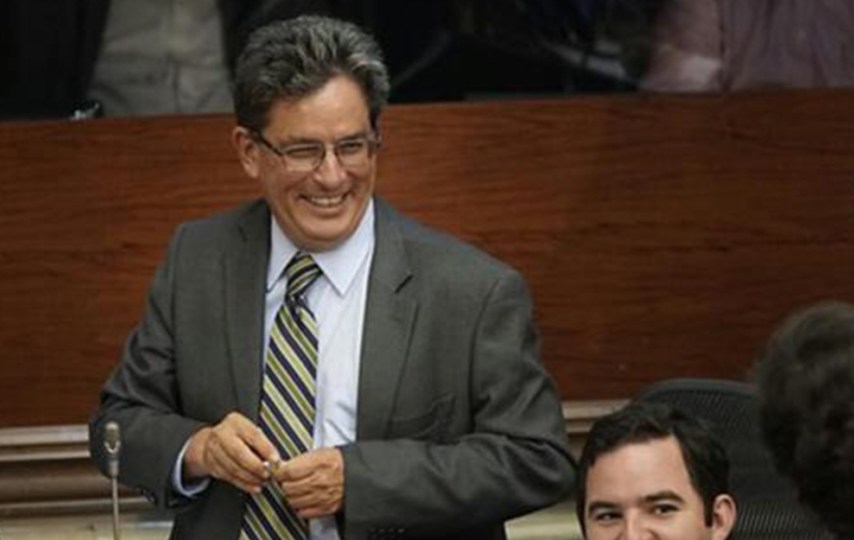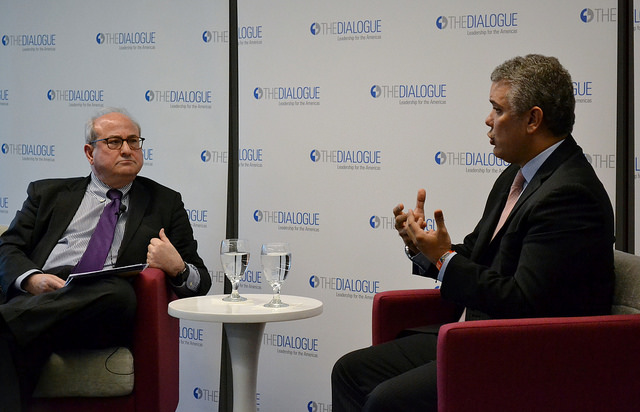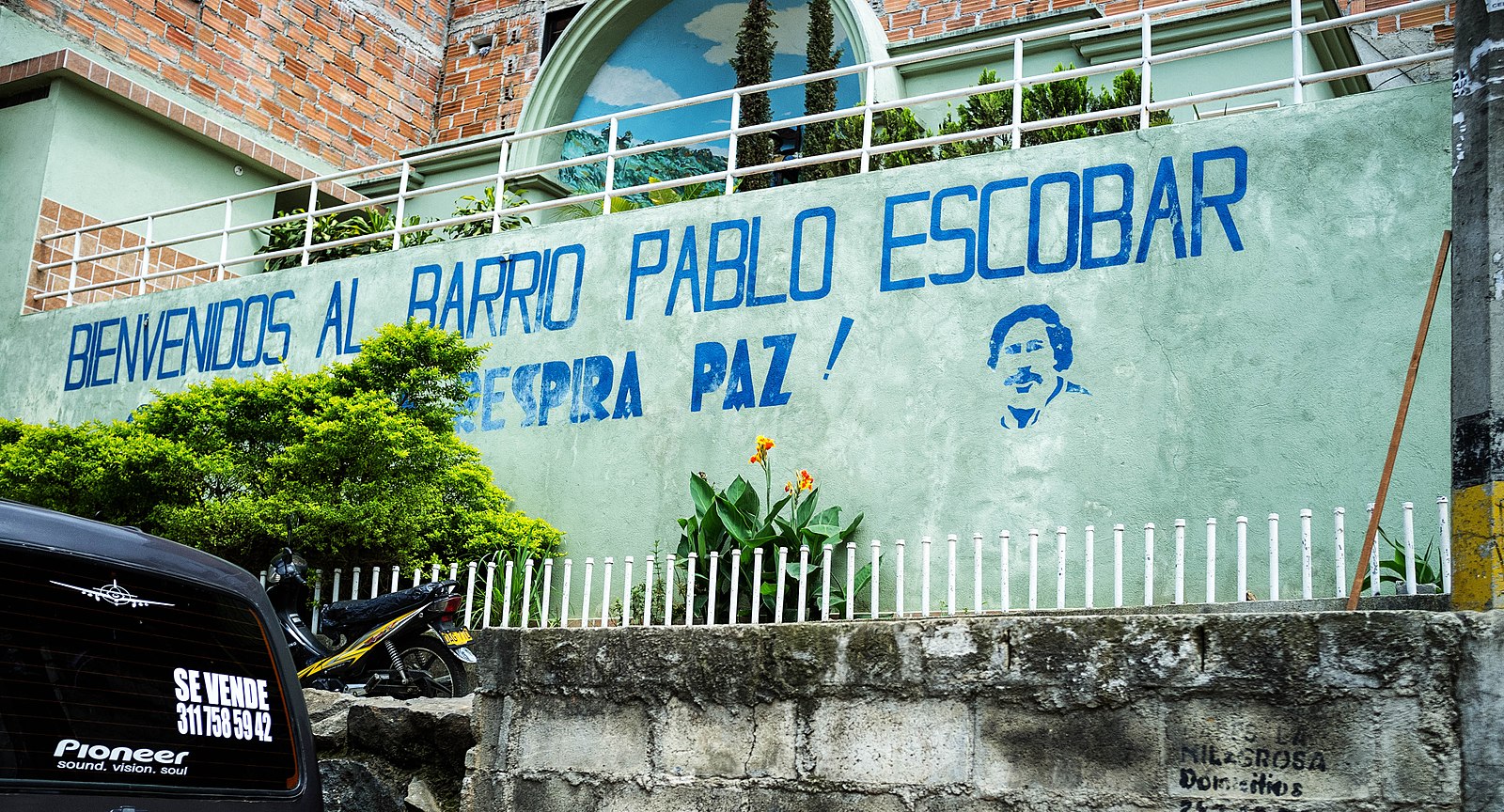The political control debate against Minister of Finance Alberto Carrasquilla regarding his alleged implication in the water bonds corruption scandal lasted more than eight hours.
The debate was summoned after the article published by journalist Daniel Coronell in the Revista Semana where he argues that the current minister “earned a lot of money using two of his companies to keep part of the resources which were designated for the water and basic sanitation” of 117 poor municipalities.
The story begins in 2006 when Carrasquilla was the Minister of Finance of Alvaro Uribe’s government and designed the “Water Bonds’, a financial instrument that aimed to allow small municipalities to access the resources needed for building aqueducts and drainage networks.
Water bonds were finally legalized in 2007, three months after Mr. Carrasquilla left the government. One year later, he created a company called Konfigura S.A which ended up advising the emission of the bonds.
According to Senator Jorge Robledo, the company bought the bonds at an interest rate of around 11%, but charged the municipalities at a rate of 14%, keeping 3% in each bond and earning over $23 million USD in total. The rates were “abusive” according to Senator Gustavo Petro, considering that much better rates could have been negotiated with the US financial market in crisis.
Private and foreign investors lent more than $420 billion Colombian pesos (or $140 million USD) to 117 municipalities, which were supposed to be paid within a fixed 19-year period.
Only 37 municipalities finished the aqueducts and 90 ended up having severe financial problems according to Robledo. For example, the municipality of Jamundi, Valle del Cauca, lent8.7 billion pesos, paid 8.5 billion and still owes 9 billion due to the high-interest rates. Public works haven’t been finished yet.
Jamundí se endeudó con ‘Bonos Agua” por valor de $8.778 mil millones hoy ha pagando interés por más de $8.533 mil millones y el saldo de la deuda a julio de 2018 es de $9.025 mil millones. Lo peor la gran mayoría de las obras inconclusas, mal diseñadas #DebateCarrasquilla pic.twitter.com/AOX6LJX1a6
— Andrés Felipe Ramírez (@FelipRamirez_) September 18, 2018
But Carrasquilla dismissed the allegations, saying that Konfigura didn’t keep the 3% difference from the original rates and those finally paid by municipalities. In his opinion, he only received a small fee ($2.7 millIon USD) for his advising services and he had no influence in the drafting of the law. Finally, following a report made by the government, he also assured that 85% of the aqueducts were finally built.
‘Yo no diseñé ninguna reforma constitucional para beneficiarme tres años después’: Alberto Carrasquilla, @MinHacienda #DebateCarrasquilla pic.twitter.com/5j6P2GGm2k
— EL TIEMPO (@ELTIEMPO) September 19, 2018
Centro Democrático and Conservative Party senators immediately defended Carrasquilla’s work, labeling it as the most successful economic period of the recent years. Some of them emphasised that thanks to the water bonds many municipalities could get access to running water and basic sanitation, pointing out that in the cases where aqueducts weren’t built, local mayors should be blamed and not the minister. President Iván Duque also backed the minister and declared that he was not replacing him.
“¿Cuál es la falta ética?”: @IvanDuque mantiene su respaldo al ministro Carrasquilla https://t.co/Xcmxc9qbQw pic.twitter.com/vScZzuYCB7
— Noticias Caracol (@NoticiasCaracol) September 20, 2018
Finally, the congress balance of power favored Alberto Carrasquilla as most of the senators didn’t follow the impeachment call made by Senator Robledo and the opposition parties. Senator Robledo is now looking to get an open inquiry against Carrasquilla from the Procurator and Attorney General Office.







